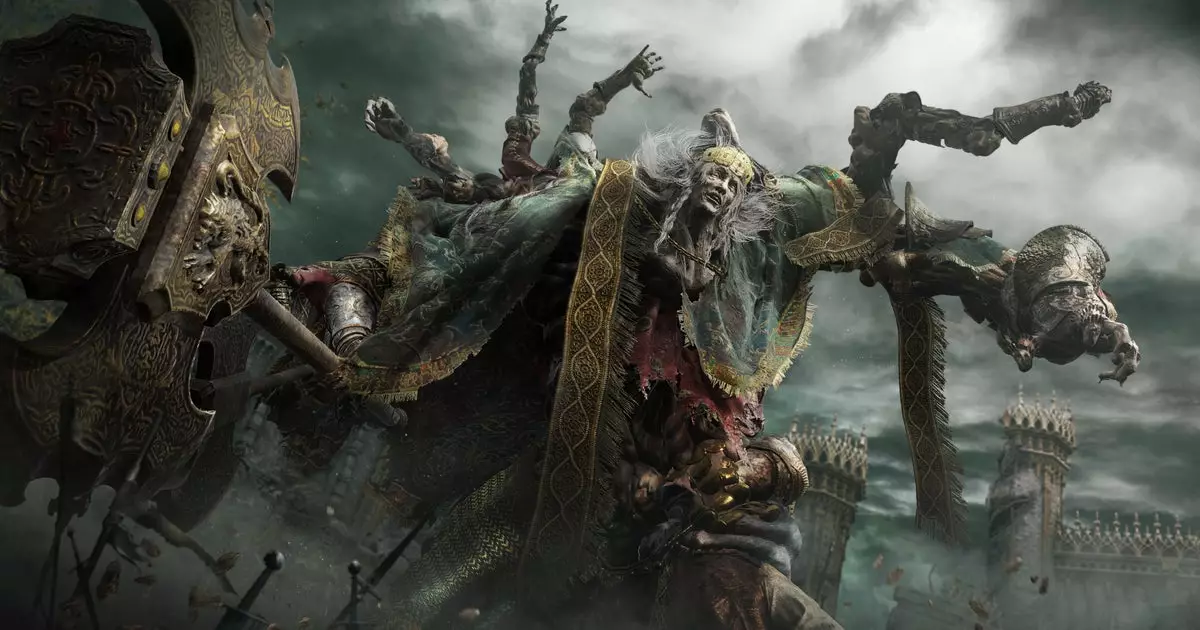In the ever-evolving landscape of the video game industry, corporate consolidation has become a prominent trend, sparking both excitement and concern among gamers. Recently, reports emerged suggesting that Sony is in negotiations to acquire Kadokawa, the parent company of the renowned game developer From Software, famed for its groundbreaking titles like Elden Ring and the Dark Souls series. This potential acquisition raises compelling questions regarding the future of gaming franchises and the implications for the industry as a whole.
Sony’s interest in Kadokawa extends far beyond merely acquiring a successful game development studio. The conglomerate appears to be strategically positioning itself to tap into Kadokawa’s wealth of intellectual property, which includes a trove of popular manga and anime titles, alongside their established gaming franchises. The expansive portfolio includes anticipated titles such as the Danganronpa series, the Octopath Traveler games, and more. By integrating these assets, Sony aims to bolster its market presence and solidify its influence within the gaming and entertainment sectors.
If the acquisition goes through, one of the most significant outcomes could be the potential creation of exclusive games for the PlayStation platform. The ownership of From Software would enable Sony to create a more exclusive experience, reminiscent of the tightly held Bloodborne title. However, the trend in the industry leans towards timed exclusives rather than permanent ones. Various publishers are increasingly opting to release their games across multiple platforms to maximize their revenue. This shift has fueled debates about accessibility and the long-term implications for gamers who prefer specific consoles or PC gaming.
While this acquisition might appear beneficial from a corporate perspective, it also highlights a concerning trend of consolidation within the gaming industry. As major corporations acquire smaller studios, there is a fear that creativity and innovation may be stifled in favor of profit-driven models. This can lead to a homogenization of games, where unique voices and creative approaches are overshadowed by corporate mandates. Additionally, Kadokawa’s recent struggles—including a ransomware attack—underscore the vulnerabilities that companies face in an increasingly digital world.
Despite these challenges, Kadokawa remains undeterred, announcing that they have a staggering 26 game projects currently under development across their various studios. Should the acquisition materialize, it’s likely that many of these projects will be absorbed into Sony’s portfolio, raising questions about the future direction of these titles. Will they maintain their distinct identities, or will they undergo transformations to fit Sony’s vision? Only time will reveal the ramifications of such a monumental deal.
As Sony continues to engage in the corporate strategy of acquiring successful game developers and properties, the impact on the industry, its creatives, and the consumers who fuel this market is yet to be fully understood. The potential acquisition of Kadokawa could usher in a new chapter for both companies, but it also serves as a reminder of the precarious balance between creativity and corporate ambition in the gaming world.


Leave a Reply